|
“Whenever I return from trips to Silk Road countries, I’m always reminded of how much humanity is alike, rather than different,” shares author Meghan Nuttall Sayres as she recounts the recent journey she and UK-based author and playwright Jamila Gavin took through the Caucasus, being hosted by regional IBBY members, meeting nationally celebrated children’s authors, and learning about local children’s books programs. Last October my fellow writer from the UK, Jamila Gavin, and I embarked on a journey throughout the Caucasus. We had previously traveled to other Silk Roads countries including Iran, Uzbekistan and Turkey, connecting with writers and translators in each of these places. This time before leaving home we sought IBBY contacts abroad. While there was no information for Georgia, writers from Azerbaijan and Armenia invited us to meet with them. IBBY members in Baku requested we join them at noon the day after we arrived and to bring an interpreter. Our meeting place was The Central Book House, a library for children of all ages, stripes and abilities. It was founded by a local writer Firidun Bey Köcherli and is now amply subsidized by their government. Staffed with at least a dozen employees, the library shelves scores of colorful books from authors around the world and offers cheerful reading rooms. Local schools bring students there. We were welcomed by the Director and Deputy Director of the Library, Shahla Gambarova and Zahira Dadashova, who organized the event. Their generous hospitality amounted to a banquet of delicious traditional Azerbajani fare, as we gathered around a table laden with dates, several kinds of pistachios, baklava, traditional cookies and pastries and candies, apples, oranges and of course, local tea. We were privileged to meet writers such as Zahid Khalil, Sevinj Nuruqizi, Elvira Mammadli, Aygun Bunyadzadeh, Ingilab Isaq, Rafic Yusifoglu and others whose books are mentioned below. “Everyone is talking at once,” our interpreter said to me, “they aren’t giving me time to translate.” Such was the excitement at this gathering of about thirty writers, publishers and librarians. We were honored to speak with Gasham Isabayli, a nominee for the Hans Christian Andersen and Astrid Lindgren Memorial Awards and recipient of other literary accolades. After initial introductions and sampling of all that delicious food, our new colleagues escorted us to a larger room set up for a panel discussion. Jamila and I were overwhelmed by the two powerpoint presentations the library produced, visual tributes to our works that no doubt took weeks to create. Afterwards, students from Baku’s Bulbul Music Academy entertained us. Each musician played traditional instruments, giving extraordinary performances. After, we discussed writing and publishing. Everyone seemed keenly interested to know how to get more readership abroad. One author said that IBBY Azerbaijan attended an International Board on Books Conference years ago in the US and asked me could I please remind them of us. “We’d love to come again.” Our colleagues in Baku generously showered us with books about their heritage, gorgeous coffee table books about carpet weaving, and some of their own books that we enjoyed perusing as we traveled throughout the region. Publisher Solmaz Amanova wrote a collection of tales, Ilma's Adventures, some tackling issues such as the global loss of bees and the importance of knowing your heritage. A book by Gasham Isabayli, Boo Hoo, is a collection of poems, folk-tales and stories perfectly tuned to be read to young children, and we wish it well.
Reyhan Yusifgizi Shikhlinskaya is a prolific author, mathematician and holds a doctorate degree in computer science. She was the first to publish a science fiction trilogy for children in Azerbaijan, which entails artificial intelligence, a topic she lectures on. Her book Girl With Green Eyes is about an alien who lands on the shores of the Caspian Sea and meets local children. On the alien’s home planet everyone speaks the same language, no one tells lies, there is no violence or war and the people protect their world’s ecology. We enjoyed trying to answer everyone’s questions and hope very much to meet them again at future IBBY events. The grand reception we received from our IBBY friends in Baku was reminiscent of the gracious hosting and attention to elegant details that Jamila and I received in Iran in 2005 when we attended Iran’s First International Children’s Book Festival along with another American author Donna Jo Napoli. I was introduced to the organizer of the Iranian festival, the now late Elvand Ibrahimi, Founder of the House for Translation for Children and Young Adult Books in Tehran, by the American author Susan Fletcher. Susan has published several novels including Shadow Spinner and Alphabet of Dreams (both set in Iran). Mr. Ibrahimi was a cultural beta reader for Susan Fletcher and myself for my novel Anahita’s Woven Riddle. While containing a bit of Arabic and Farsi, the Azeri language is close to Turkish. People understood what I said if I spoke to them in Turkish. I wished I knew Azeri so I could have read all the gorgeous books the Baku writers and librarians shared with us. We can only hope US publishers will turn their gaze to this fascinating region of the world and pursue translations for the American market. Our gathering with IBBY writers from Yerevan, Armenia, was much more informal. We met at Artbridge Bookstore Café with Alla Sorobyan, a children’s librarian, and two authors Lilit Mkrtchyan and Yerarik Grigoryan. Yerarik has written stories which she often performs in schools with her daughter who is a musician. Alla writes for children and adults. She recently published a collection of stories by seven other authors. Alla is the head of public relations at a center for Education, Science and Culture. Our Armenian colleagues were interested to know if we supported ourselves with our writing as “most Armenian writers have to do other work.” Of special interest to me was learning that in 1881 an Armenian historian, educator, linguist and folklorist Ghazaros Aghayan wrote a book called Anahit and Other Tales. I’m hoping to find an English edition to find out if Aghayan’s character Anahit was a weaver as was my Anahita (spelled with an “a” on the end). A statue of the Zoroastrian goddess Anahita in Yerevan’s cultural museum exemplifies the reach of ancient pre-Islamic Persian culture in the region despite that Armenia has been predominantly Armenian Christian for centuries. It is a unique head bust made of what looked like rusted steel or copper with a green patina. Anahita’s hair was swept back as if blown by the wind. Clinging to the contours of her skull, locks of hair from each side of her face curled toward the back of her head, but the locks of hair did not meet, so the skull was not closed. It resembled a mask. Whenever I return from trips to Silk Road countries, I’m always reminded of how much humanity is alike, rather than different. Meghan Nuttall Sayresis author of two novels set in Iran Night Letterand Anahita’s Woven Riddle, an ALA Top Ten Best Books, which has been translated into Farsi and Turkish among other Middle Eastern and European languages. Anahita was also a featured book by Rizzoli and the Bologna Book Fair. Sayres is at work on a hybrid novel with a Bosnian comic artist Filip Andronik exploring the recent Muslim genocide in Europe Danger Money: Sketchbook of a Comic Artist During the Siege of Sarajevo, (a book that will speak to teens in quarantine today due to Covid-19). She is also at work on a novel set in past and present Syria and London Divination. She can be reached at [email protected]. Jamila Gavin is an author and playwright for children and adults. Since her first book, “The Magic Orange Tree” was published in 1979, she has been writing steadily, producing collections of short stories, myths, legends, the last being “Blackberry Blue,” six original fairy tales. She has written about Alexander the Great: Man, Myth, or Monster? And several teenage novels including The Surya Trilogy of which the first, “The Wheel of Surya”, was runner-up for the Guardian Children’s Fiction Award in 1992. It is currently under option for a film adaptation, as is a later novel, The Robber Baron’s Daughter. Her book, “Coram Boy” was published to critical acclaim in 2000 and won the Children’s Whitbread Award, as well as being shortlisted for the Carnegie Medal. Coram Boy went on to be adapted for the National Theatre by Helen Edmundson where it had two successful runs, in London, and a run on Broadway. It is now much performed all over the world. And is also under option for a film. Jamila has written for television, radio and the stage. Her first original radio play, “The God at The Gate” was broadcast on Radio 4. She adapted her children’s books, “ Monkey in the Stars” and “Just So,” for the Polka Theatre, as well as dramatizing her book, “Grandpa Chatterji,” for Channel 4 Schools in an adaptation that starred Roshan Seth and Saeed Jaffrey. Other plays are “Wherever I Lay Down My Head” for the charity, Coram, “Razia Sultan,” for the National Youth Theatre, and “Love Lies Bleeding” for the Jenny Wren Theatre Company based in Cheltenham.
0 Comments
Leave a Reply. |
past digital issuesAugust 2021
May 2021 February 2021 November 2020 August 2020 May 2020 February 2020 November 2019 August 2019 May 2019 past pdf issuesSpring 2017 |
|
The United States Board on Books for Young People
The U.S. National Section of International Board on Books for Young People
Building Bridges Through Children's and Young Adult Books |
Contact Us
USBBY Secretariat
Center for Teaching through Children´s Books National Louis University 1000 Capitol Drive Wheeling, IL 60090 USA Junko Yokota, Executive Director [email protected] |
Connect With Us
© COPYRIGHT 2024.
ALL RIGHTS RESERVED. |

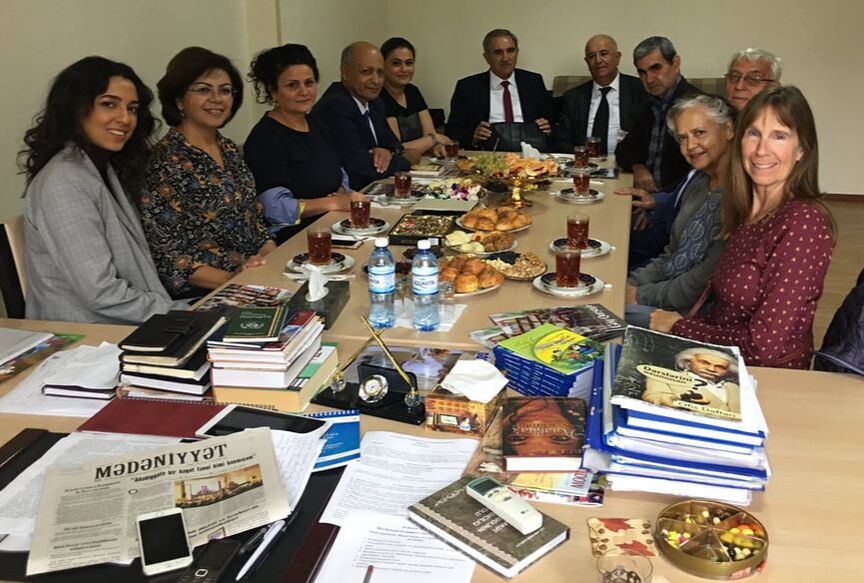
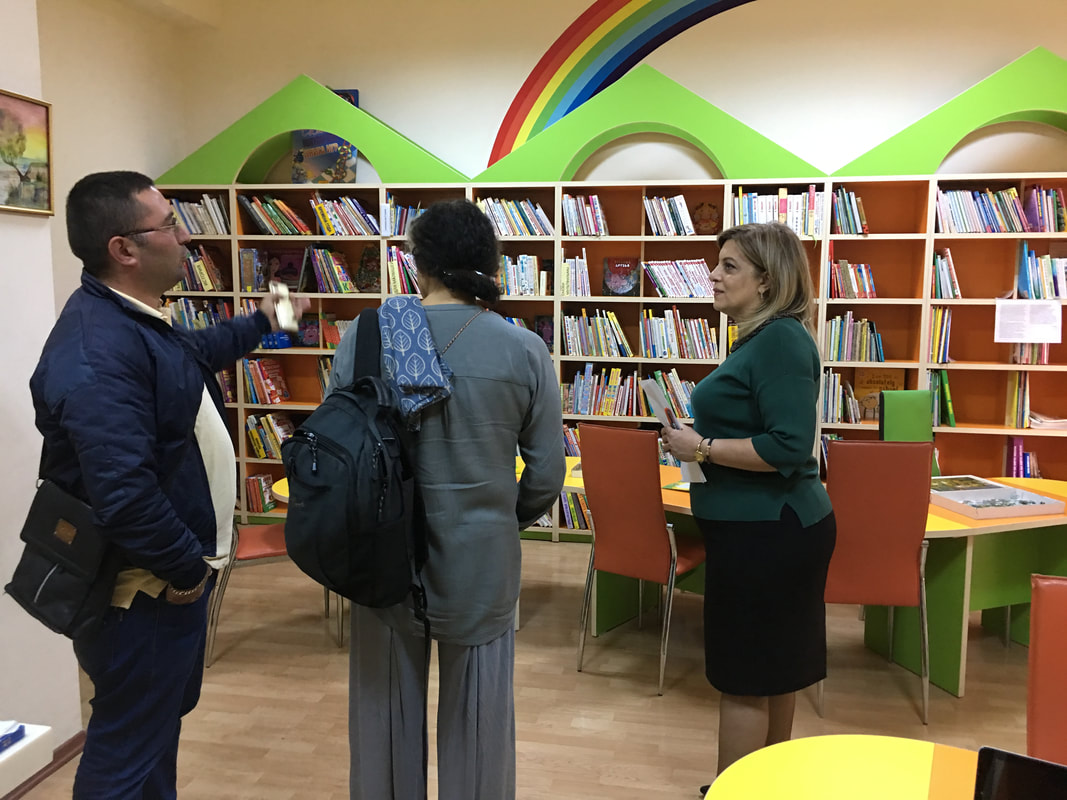
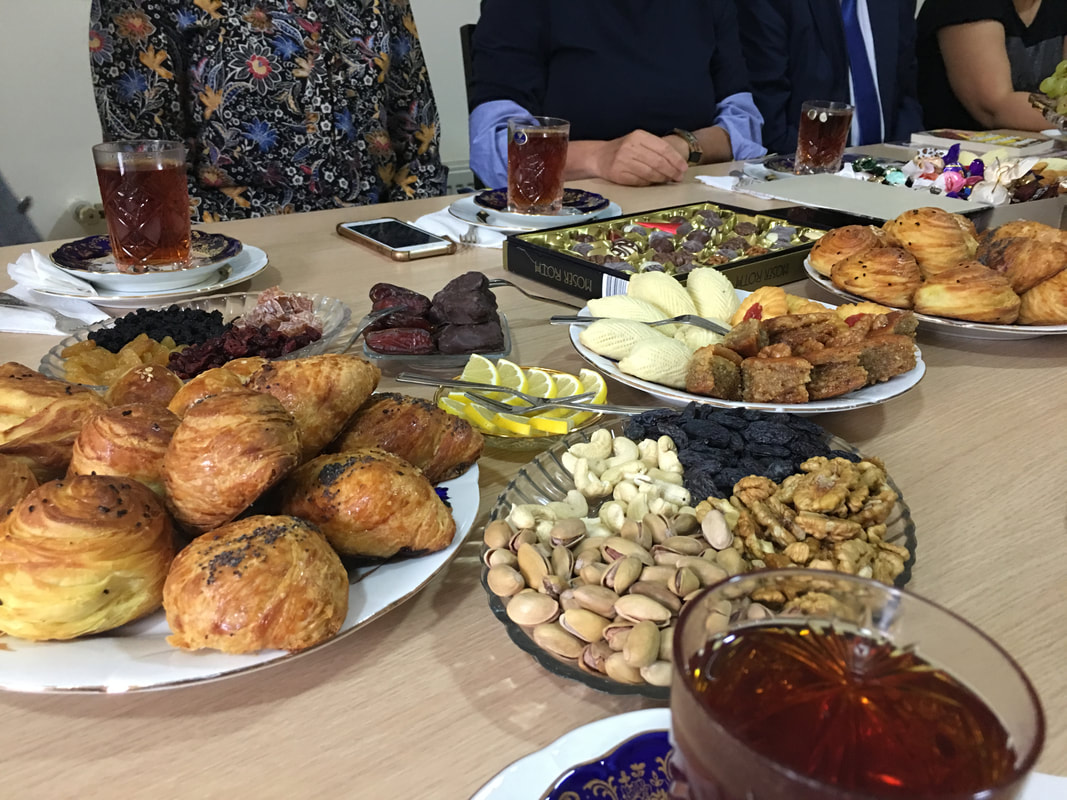
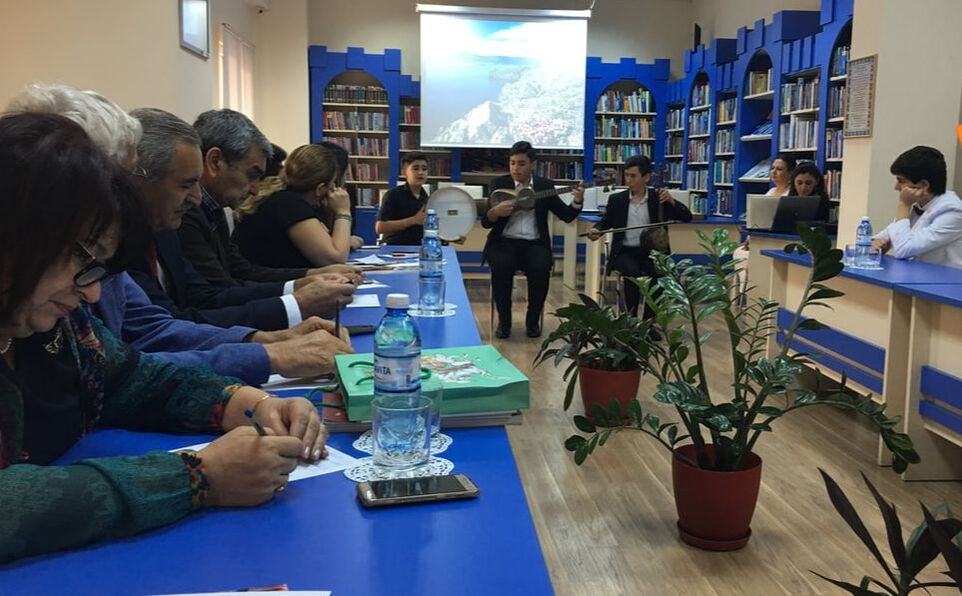
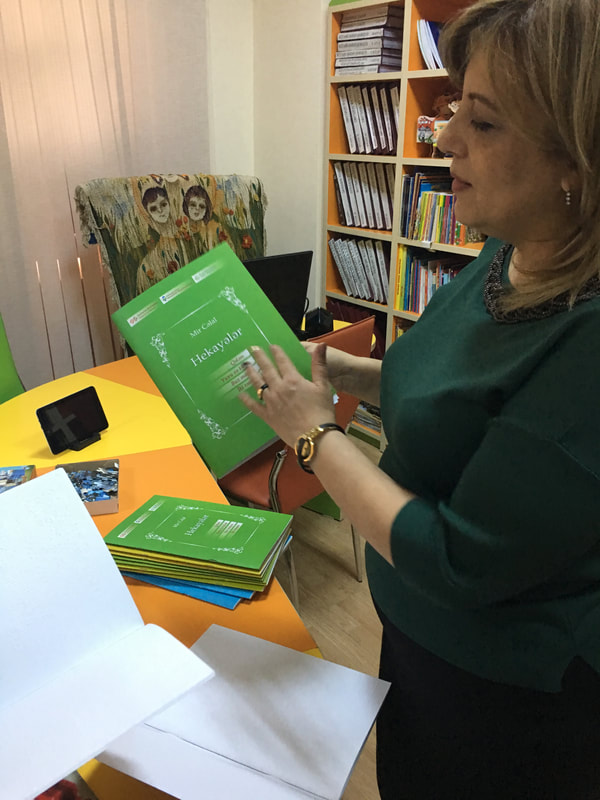
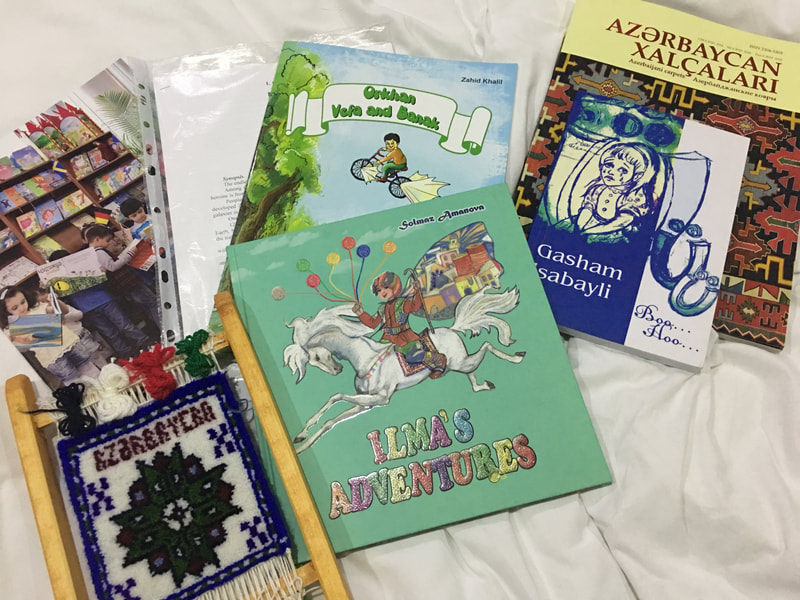
 RSS Feed
RSS Feed